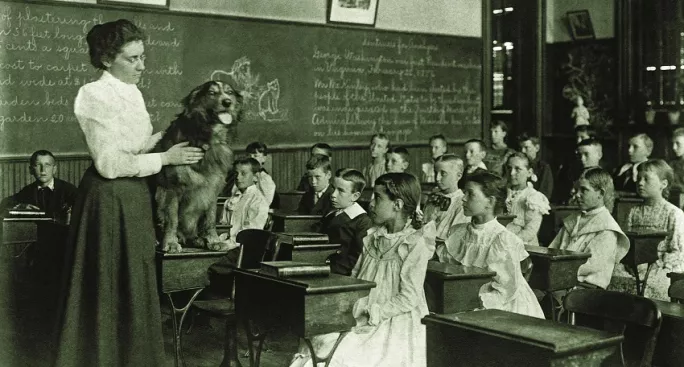Why your gender could be holding you back
The perception of teaching as “women’s work” is having a hugely detrimental impact on the profession and those within it - both men and women.
This is the conclusion of the cover feature in the 14 November edition of TES. It explains how the fact that teaching has historically been seen as a job for women - and that three out of four teachers are female - affects not only the reputation of teaching but also pay, working conditions, promotions and so much more.
“Very sadly, it tends to be the case that female-dominated professions are taken less seriously,” says Becky Francis, professor of education and social justice at King’s College London. “People assume that jobs that women do are of a lower status.”
Indeed, while those in male-dominated professions - such as airline pilots and brokers - typically receive higher pay, female-dominated professions such as teaching and nursing are associated with “caring”, which tends to perversely hold salaries down.
“There’s this misperception in society that the quality of care is actually diminished by material reward,” says Christine Williams, a professor of sociology at the University of Texas at Austin. “That’s been a rationale for keeping women down in society. It’s a very strong stereotype: by paying for something, you attract the wrong person to the job. You attract someone who’s motivated by money, not by human connection and love for children.”
This view of teaching also has an impact on men in the profession. Some find they are expected to be stereotypically masculine - for example, being seen as the go-to teacher for behaviour matters - while others are labelled feminine or have assumptions made about their sexuality.
But stereotypes can also work in male teachers’ favour, with the figures suggesting that they are often considered more suited for leadership.
Among classroom teachers, 3.4 per cent of men earn above £50,000 a year, compared with 1.8 per cent of women. This pattern continues in leadership: 16 per cent of male teachers are headteachers, deputy headteachers or assistant headteachers, compared with 10 per cent of women. And twice as many men as women (600 versus 300) command top leadership salaries of more than £100,000 a year.
The problems do not end there. And the solutions are not simple. As the feature discusses in detail, the issue is historical and change will not come easily.
Read the full article in the 14 November edition of TES on your tablet or phone or by downloading the TES Reader app for Android or iOS. Or pick it up at all good newsagents
Keep reading for just £1 per month
You've reached your limit of free articles this month. Subscribe for £1 per month for three months and get:
- Unlimited access to all Tes magazine content
- Exclusive subscriber-only stories
- Award-winning email newsletters




